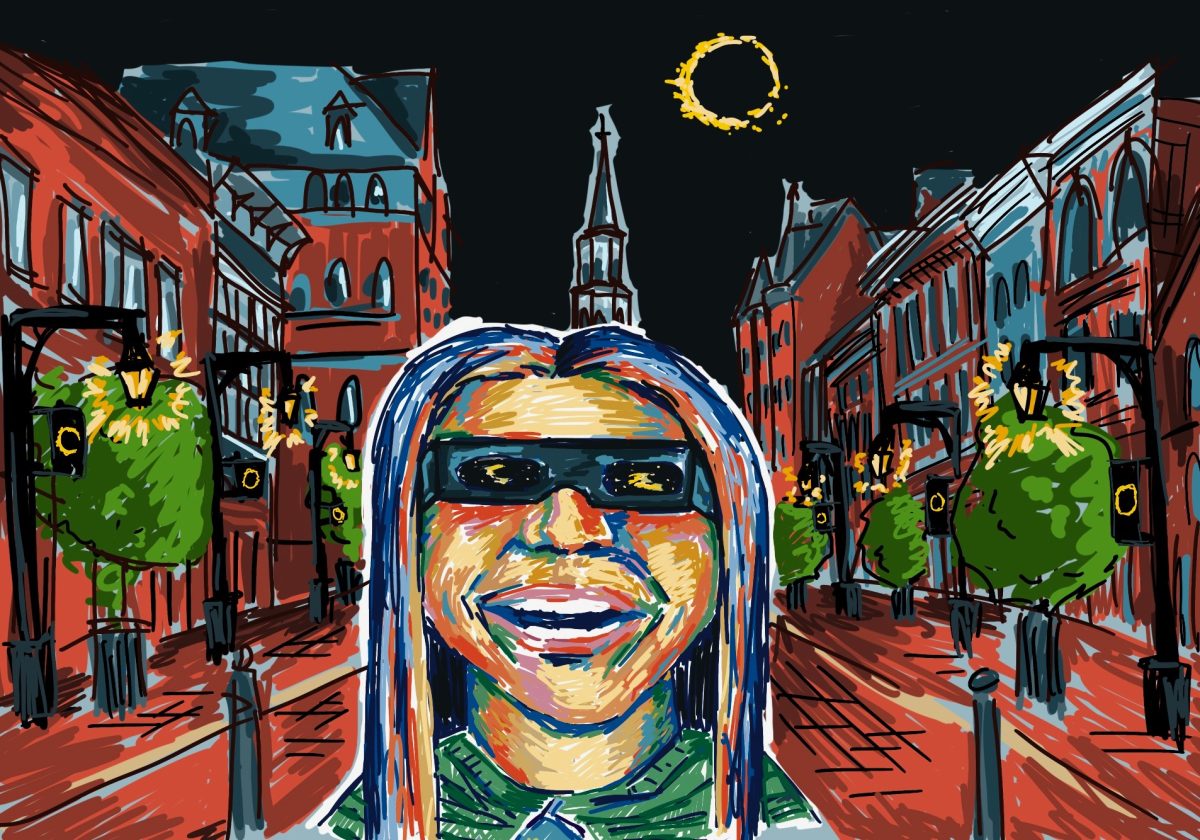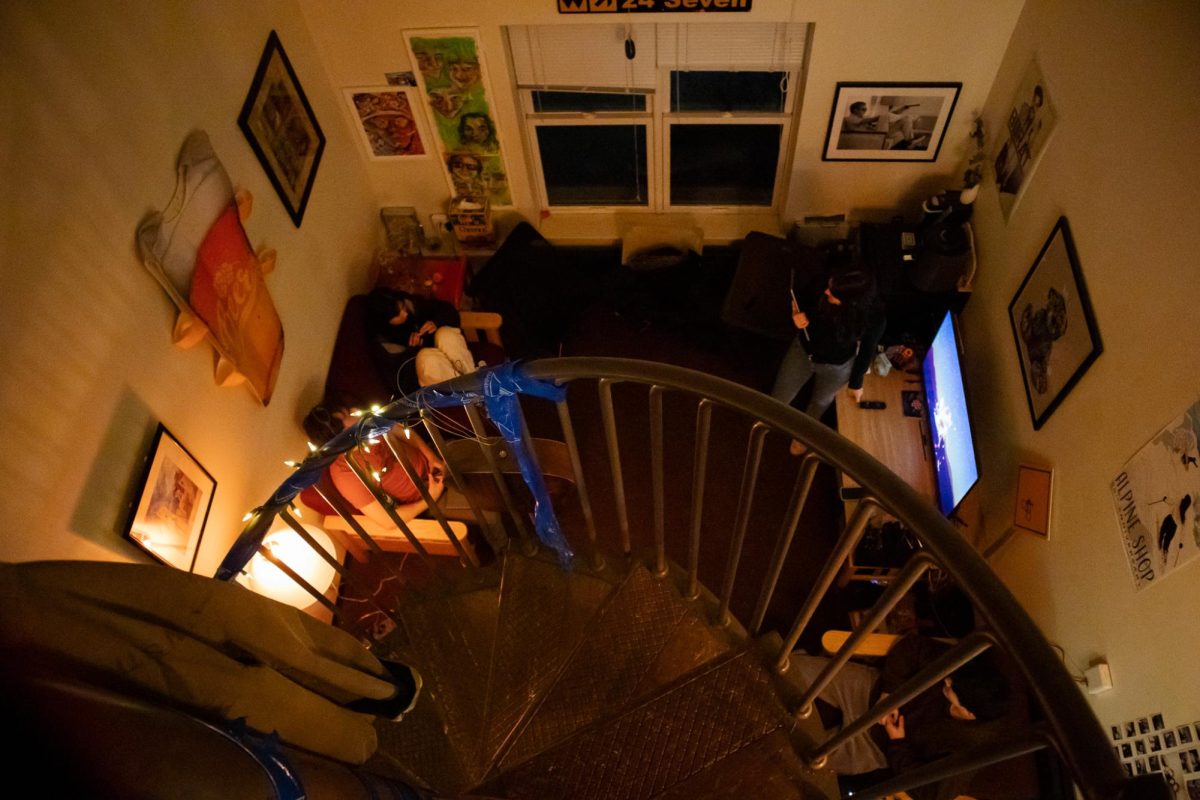Dear Martha,
I have gotten cold sores as long as I can remember, but usually only once or twice a year. Since I have been at UVM, it seems like I have one every month. I hate the way they look and they hurt. Is there anything I can do?
Signed, Sore about Lip Sore
Dear Sore one,
Cold sores are really unwelcome visitors. 90% of adults have been exposed to the virus that causes cold sores and many people experience outbreaks. It is caused by a herpes virus (HSV 1) which is related to but different from genital herpes (HSV 2). The most obvious place it shows up is on the lips, but it can occur in the mouth, on the face, on hands, almost anywhere.
Once you get herpes, you always have it, but the virus hides in the dorsal root ganglion surfacing for some predictable and some unpredictable reasons. Suspected triggers include hormonal shifts, poor diet, cold, windy, dry or sunny weather (that doesn’t leave a lot of days in Vermont!), trauma to area including lip biting and hot kissing, hot foods/burns, food allergies, lack of sleep and of course, stress. Actually studies indicate that short term stress doesn’t have a significant impact, but prolonged stress does.
Some foods seem to increase outbreaks including peanuts, chocolate, almonds, cashews, sunflower seeds and gelatin because they contain high levels of arginine. On the other hand, foods high in lysine such as vegetables, beans, fish, turkey and chicken may decrease cold sores. The research on diet is limited so aside from the fact that it is always a good idea to eat a diet rich in vegetables and low fat protein, I wouldn’t change your diet considerably.
Medical treatment is primarily through the use of antiviral medications available by prescription only. These can be helpful if taken at the earliest sign of symptoms and in severe cases to prevent outbreaks.
There are a number of treatments that have shown some benefit with minimal side effects in small studies, but they need further investigation. These treatments for symptoms include L Lysine 1000 mg three times a day, licorice cream three times a day and lemon balm extract four times a day.
For prevention, you can try L Lysine 1000 mg a day or Vitamin C 250 mg with Zinc 25 mg a day.
Preventing transmission is key. In order to do this, learn how to recognize the symptoms. When they are present, avoiding kissing, oral sex, sharing drinks and food. Remember to wash your hands after touching the affected area.
Later and have a great break,
Martha
















